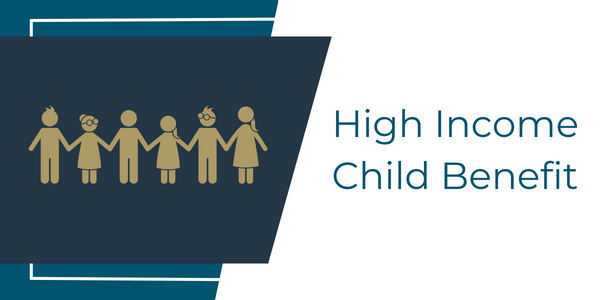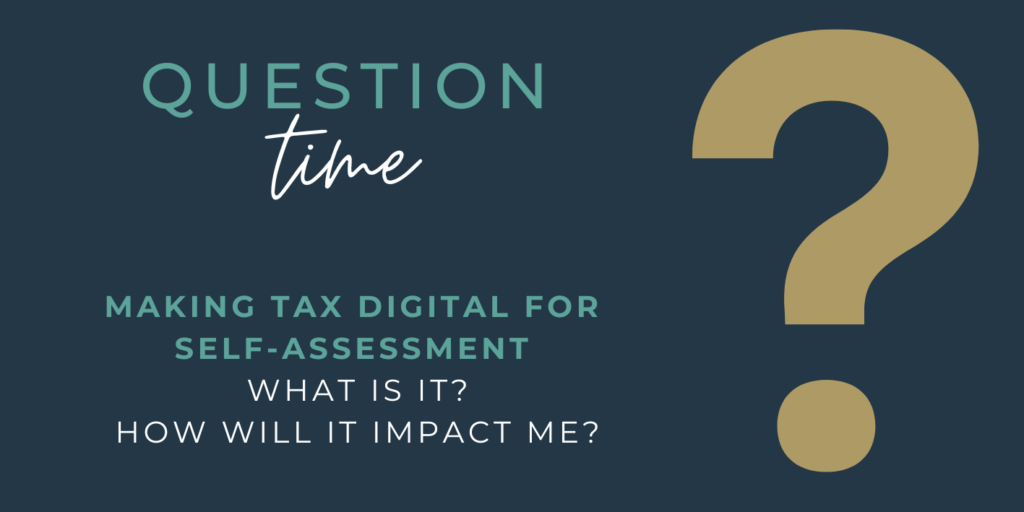High Income Child Benefit

Child benefit serves as a crucial support system for families, offering financial assistance to help with the costs of raising children. However, for families with higher incomes, the rules surrounding child benefit can be more complex due to the High Income Child Benefit Charge (HICBC).
Understanding High Income Child Benefit Charge (HICBC)
The High Income Child Benefit Charge was introduced in 2013 as a way to gradually reduce child benefit for families where one or both parents earn over a certain threshold. As a result of the Spring budget 2024, there were significant changes to the High Income Benefit Charge increasing the threshold from £50,000 to £60,000.
How Does it Work?
If the highest earner in the household earns between £60,000 and £80,000, the charge will gradually reduce the amount of child benefit received. The charge is tapered, and you will be charged 1% of the child benefit claimed for every £200 of income exceeding £60,000. If the highest earner earns over £80,000, the benefit will be entirely phased out and the charge will be the full amount of child benefit in the tax year.
The charge is calculated on your adjusted net income so includes sources of income such as employment, pension income, self-employment, benefits in kind, savings interest, dividend income and rental income. Reliefs such as pension contributions and gift aid donations can reduce the overall adjusted net income amount.
If your partner and you both have adjusted net income over £60,000 then whoever has the higher income is responsible for paying the tax charge.
HICBC is not a tax but is collected through the tax system through self-assessment. Anyone who is subject to HICBC will be required to complete a self-assessment tax return to account and pay the charge. It’s essential for families subject to the charge to understand how it may affect their overall tax liability and to plan accordingly.
New child benefit claims made on or after 6th April 2024 will be assessed in the 24/25 tax year. Child benefit is automatically backdated for 3 months- if the backdated payments fall within the 23/24 tax year these will still be assessed in the 24/25 self- assessment tax return.
If you wish to claim child benefit, please visit https://www.gov.uk/child-benefit/how-to-claim
Should you have any questions regarding the High Income Child Benefit system please contact your local Perrys office.








